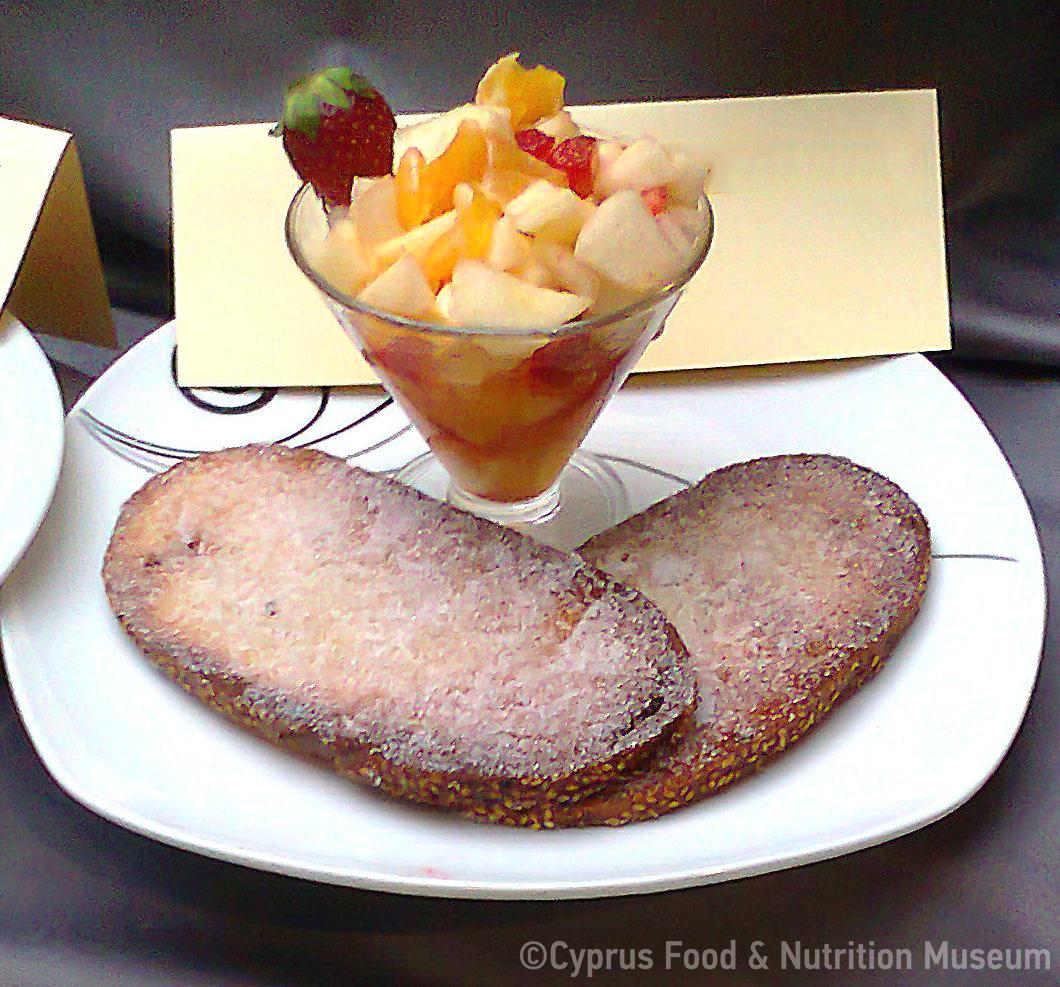Name - Origin
Ζάχαρη, το σάκχαρον.
Sanskrit sarkara, Arabic sukkar, Persian shakar, Greek sakharon, Latin succarum. The French sucre, the English sugar, the Italian zucchero, the Spanish azucar derived from Arabic (Erotokritou I, 1989, p. 402).
Functional and symbolic role
One of the main sweeteners ,used in the preparation of various desserts. (Note: St. Lazarou)
The gifts brought to a baby were symbolic. In Lapithos, they would take the baby, after the congregation, to the house of the grandmother or, if there was no grandmother, to the house of the godmother of the mother and always give the baby something white such as salt, sugar or cotton wool to live for many years until its hair turns white. Sugar also had the meaning of being sweet, having a sweet, happy life and the person to be a sweet talker and have a sweet, calm character. Usually they would put the sugar in a sachet and tie it to the infant's chest while in other places they would put sugar in the baby's tea (Protopapa K, 2009, pp. 319-320, 408)
Additional information and bibliography
Protopapa K. (2009), ’Εθιμα της γέννησης στην παραδοσιακή κοινωνία της Κύπρου, Publications of the Centre for Scientific Research, XLIX, Nicosia.
Erotokritou I (1989) Γλωσσάριον Ιωάννου Ερωτοκρίτου Publications of the Centre for Scientific Research XIV Materials for the compilation of a historical dictionary of the Cypriot dialect Part C ed. Th. D. Kypri, Nicosia.
Demetra Zannetou, Stalo Lazarou



